Home

The Benefits and Risks of Using Hydrocortisone Cream for Babies
In this Article
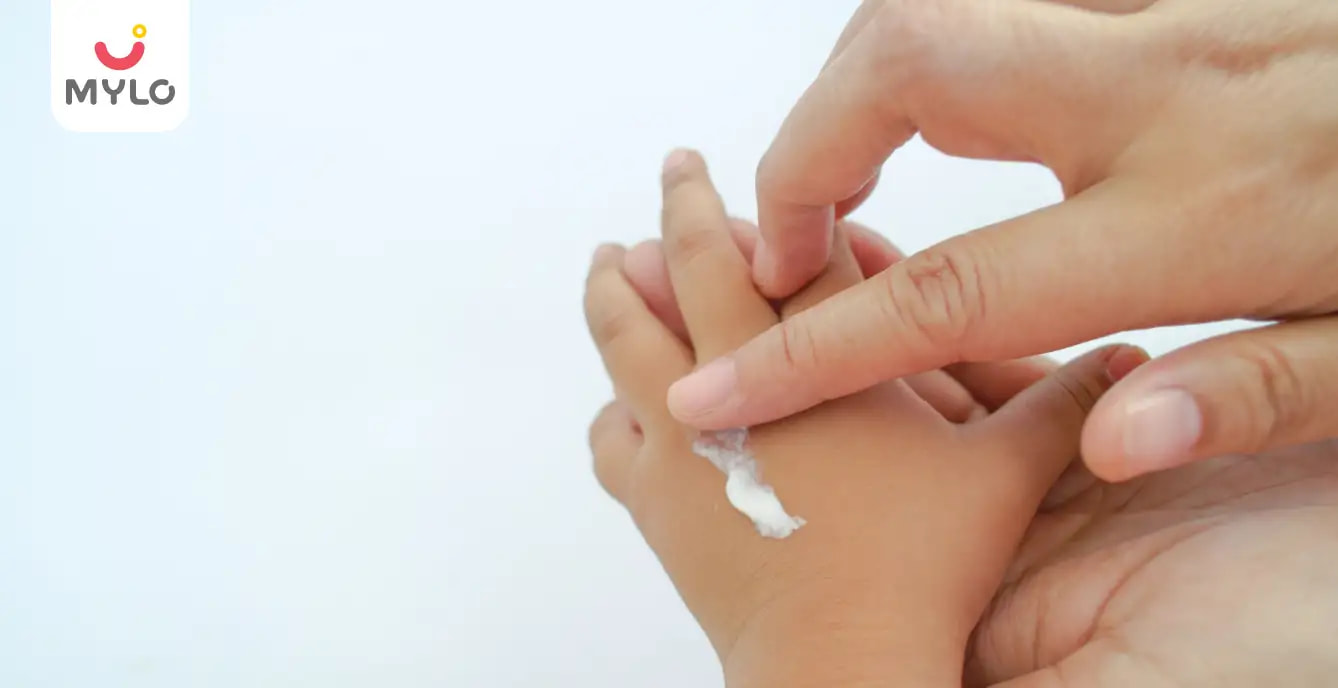
Baby Care
The Benefits and Risks of Using Hydrocortisone Cream for Babies
Updated on 24 October 2023
As a parent, your baby's well-being is paramount, especially when it comes to their delicate skin. When skin conditions like eczema or rashes arise, it's natural to seek solutions that provide relief. One such option is hydrocortisone cream. In this comprehensive guide, we will explore the uses, benefits, and potential risks of using hydrocortisone cream for babies.
What is Hydrocortisone Cream?
Hydrocortisone cream is a topical medication that contains hydrocortisone, a mild corticosteroid, as its active ingredient. Corticosteroids are hormones that the body naturally produces in the adrenal glands, and they have anti-inflammatory and immunosuppressive properties.
When used in cream or ointment form, hydrocortisone can be applied directly to the skin to alleviate various skin conditions and symptoms. However, it’s important to be mindful of the hydrocortisone cream side effects, which we will be discussing further in the article.
You may also like: 10 Useful Baby Care Tips for New Parents
What is Hydrocortisone Cream Used for in Babies?
Hydrocortisone cream is a topical corticosteroid that can be used to treat various skin conditions, including those that affect babies. Common applications of hydrocortisone cream for infants include:
1. Eczema
Using hydrocortisone cream for eczema can help alleviate the symptoms of eczema, such as itching, redness, and inflammation. It can help manage flare-ups and provide relief.
2. Insect Bites and Stings
Hydrocortisone cream can reduce itching, redness, and swelling caused by insect bites or stings, offering comfort to your baby.
3. Contact Dermatitis
This cream can be used to treat contact dermatitis, which may result from exposure to irritants or allergens.
4. Rashes
It can help relieve the discomfort associated with various types of rashes, such as diaper rash or heat rash.
5. Minor Skin Irritations
Hydrocortisone cream is sometimes used for minor skin irritations caused by factors like friction or tight clothing.
You may also like: Is It Safe to Use a Baby Lotion for Your Newborn?
Is it Safe to Use Hydrocortisone Cream for Eczema in Babies?
While hydrocortisone cream can be beneficial for treating eczema in babies, it's essential to exercise caution and follow healthcare provider recommendations. Eczema, also known as atopic dermatitis, is a common skin condition in infants and young children. It can lead to dry, itchy skin and, in some cases, uncomfortable flare-ups.
Here's what you need to know about using hydrocortisone cream for treating eczema in babies:
1. Consult a Healthcare Provider
Before using hydrocortisone cream to manage your baby's eczema, consult a pediatrician or dermatologist. They can evaluate the severity of the condition and recommend the appropriate treatment.
2. Choose the Right Strength
Hydrocortisone creams are available in different strengths. Your healthcare provider will prescribe the most suitable strength for your baby's age and condition.
3. Follow Dosage Instructions
Adhere to the prescribed dosage and application frequency provided by your healthcare provider. Overuse can lead to side effects.
4. Monitor for Improvement
Keep a close eye on your baby's skin while using hydrocortisone cream. If there is no improvement or if the condition worsens, contact your healthcare provider.
5. Be Cautious with the Face
Avoid applying hydrocortisone cream to your baby's face unless directed by a healthcare provider, as facial skin is thinner and more sensitive.
6. Use for Short Periods
Hydrocortisone cream is generally intended for short-term use. Long-term use should be under the guidance of a healthcare provider.
You may also like: The Ultimate Guide to Baby Skin Care Products
What are the Benefits of Using Hydrocortisone Cream for Babies?
Now that we know what is hydrocortisone cream used for, let us understand its benefits when used appropriately for babies:
1. Itch Relief
Hydrocortisone cream provides relief from itching, a common symptom of many skin conditions, including eczema.
2. Inflammation Reduction
It helps reduce inflammation and redness associated with skin conditions, making your baby more comfortable.
3. Rapid Healing
The cream can promote the healing of skin irritations, rashes, and minor wounds.
4. Improved Sleep
By alleviating itching and discomfort, hydrocortisone cream may help your baby sleep better, providing relief to both you and your child.
5. Convenience
Hydrocortisone cream is readily available over-the-counter in most places, making it a convenient option for managing minor skin issues.
What are Some Hydrocortisone Cream Side Effects?
Despite its potential benefits, hydrocortisone cream does come with certain side effects, especially if not used as directed. It's crucial to be aware of these potential issues:
1. Skin Thinning
Prolonged or excessive use of hydrocortisone cream can lead to skin thinning, making it more fragile and susceptible to damage.
2. Stretch Marks
Long-term use can result in stretch marks or streaks on the skin.
3. Redness and Irritation
In some cases, hydrocortisone cream may cause redness, burning, or irritation at the application site.
4. Hypopigmentation
Prolonged use may lead to lightening of the skin in the treated area.
5. Perioral Dermatitis
Some babies may develop perioral dermatitis, a rash around the mouth, with prolonged use of hydrocortisone cream.
Tips to Follow While Using Hydrocortisone Cream for Babies
To ensure the safe and effective use of hydrocortisone cream for your baby, consider these essential tips:
1. Consult a Healthcare Provider
Always seek professional guidance and a proper diagnosis before using hydrocortisone cream.
2. Follow Dosage Instructions
Use the cream as prescribed by your healthcare provider or follow the instructions on the product label.
3. Be Mindful of Application
Apply a thin layer of hydrocortisone cream to the affected area and gently rub it in. Avoid excessive rubbing, which can irritate the skin.
4. Limit Duration
Use hydrocortisone cream for the prescribed duration and discontinue use if the condition improves.
5. Maintain Skin Hydration
Alongside treatment, ensure your baby's skin stays moisturized with a suitable, fragrance-free moisturizer.
The Bottomline
Using hydrocortisone cream for babies can help in managing various skin conditions, including eczema. However, its use should be carefully monitored and directed by a healthcare provider to avoid potential side effects and ensure the best outcomes for your baby's skin health. Always prioritize your baby's comfort and well-being, and if you have concerns about their skin, consult with a healthcare professional for expert guidance.
References
Abramovits W, Oquendo M. (2010). Hydrocortisone butyrate 0.1% lipocream in pediatric patients with atopic dermatitis. Skinmed.
Farahani LA, Ghobadzadeh M, Yousefi P. (2013). Comparison of the effect of human milk and topical hydrocortisone 1% on diaper dermatitis. Pediatr Dermatol.



Written by
Anupama Chadha
Anupama Chadha, born and raised in Delhi is a content writer who has written extensively for industries such as HR, Healthcare, Finance, Retail and Tech.
Read MoreGet baby's diet chart, and growth tips

Related Articles
Related Questions
Influenza and boostrix injection kisiko laga hai kya 8 month pregnancy me and q lagta hai ye plz reply me

Hai.... My last period was in feb 24. I tested in 40 th day morning 3:30 .. That is faint line .. I conculed mylo thz app also.... And I asked tha dr wait for 3 to 5 days ... Im also waiting ... Then I test today 4:15 test is sooooo faint ... And I feel in ma body no pregnancy symptoms. What can I do .

Baby kicks KB Marta hai Plz tell mi

PCOD kya hota hai

How to detect pcos

Related Topics
RECENTLY PUBLISHED ARTICLES
our most recent articles

Second Child
The Ultimate Guide to Planning for Second Baby
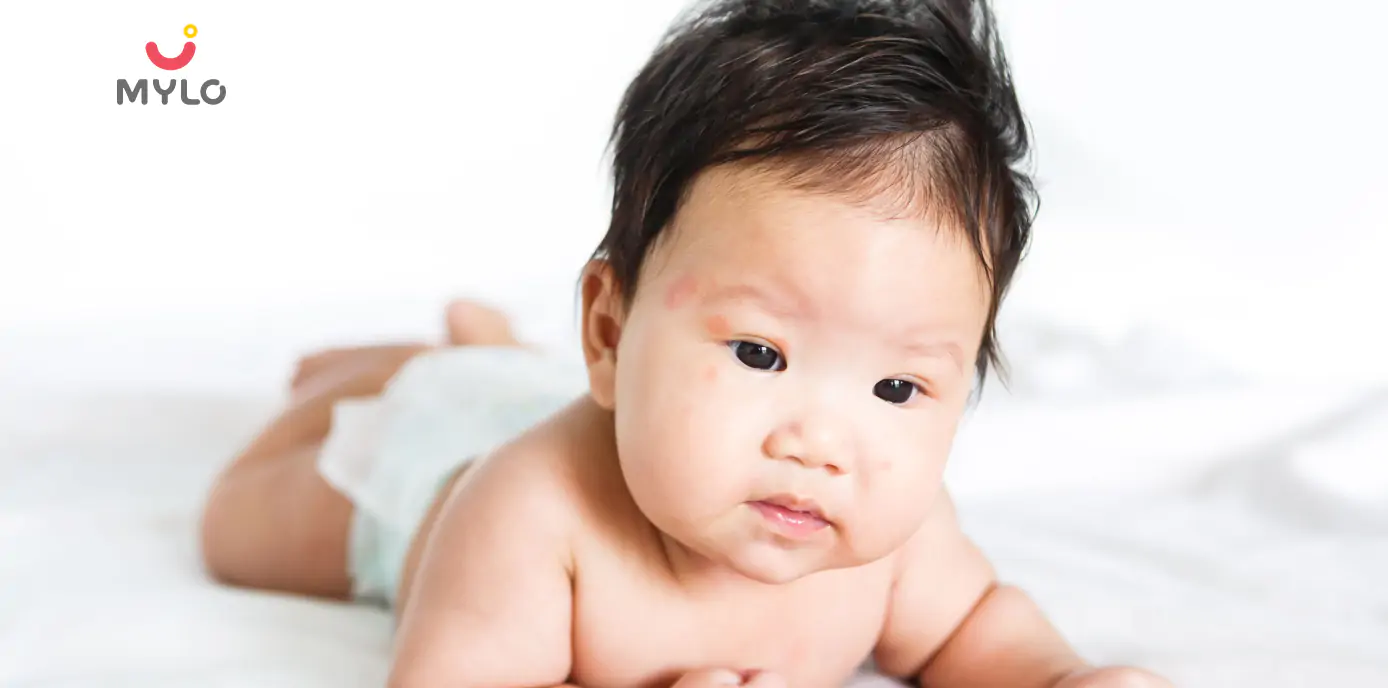
Illnesses & Infections
The Ultimate Parent's Guide to Dealing with Boils in Babies
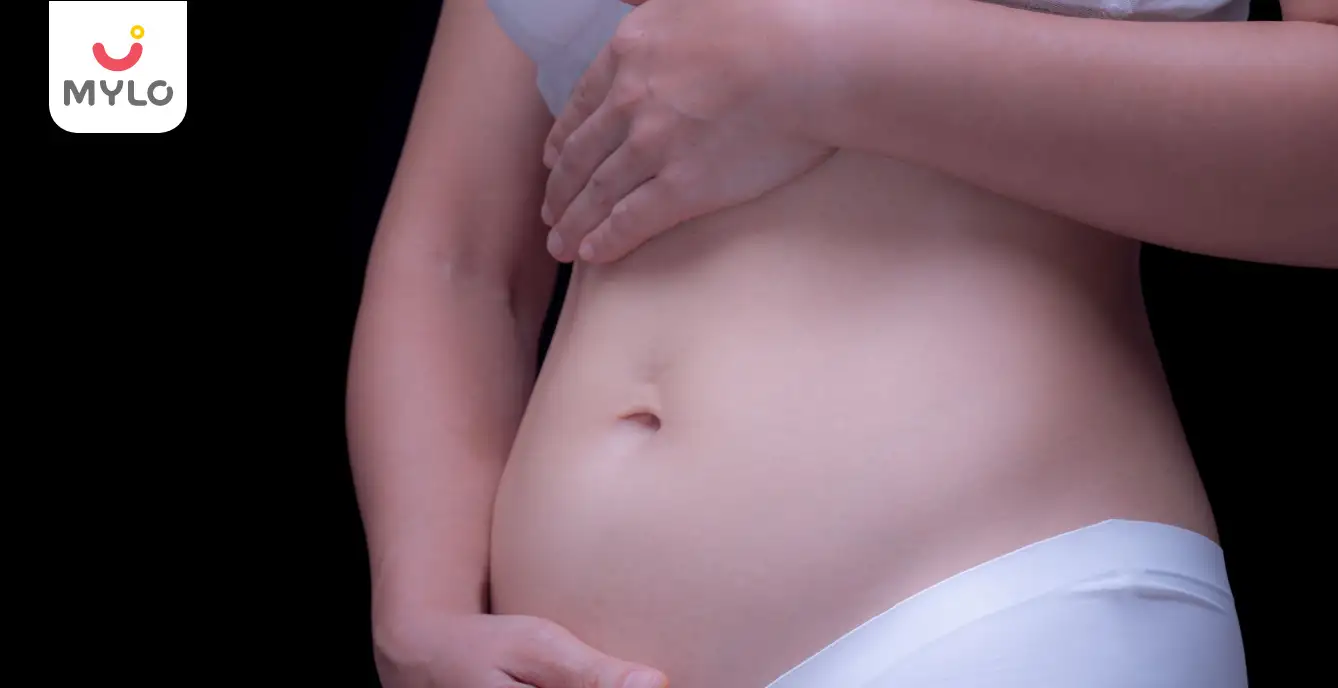
Baby Movements
2 Months Pregnant Belly: Understanding Your Belly and Baby's Transformation

Conception
The Significance of Trilaminar Endometrium in Fertility: What You Need to Know
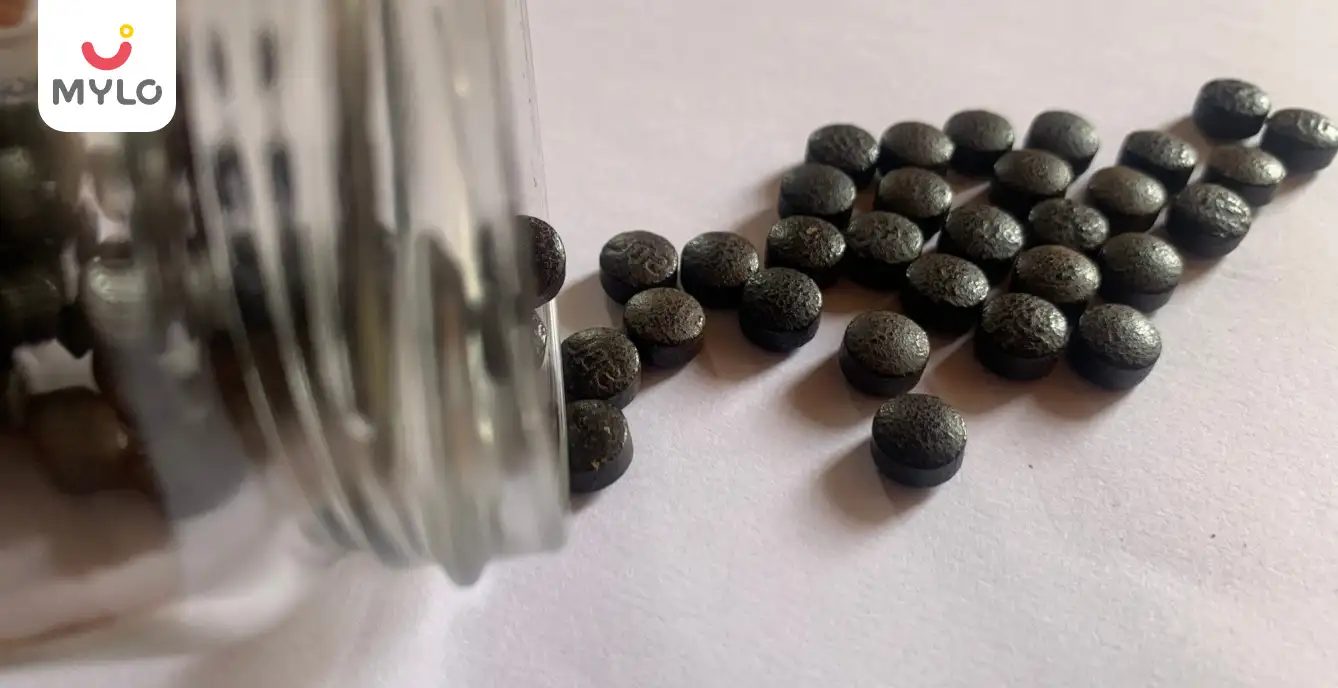
Herbal Medicines
Kanchanar Guggulu: Your Ultimate Guide to a Healthy Lifestyle
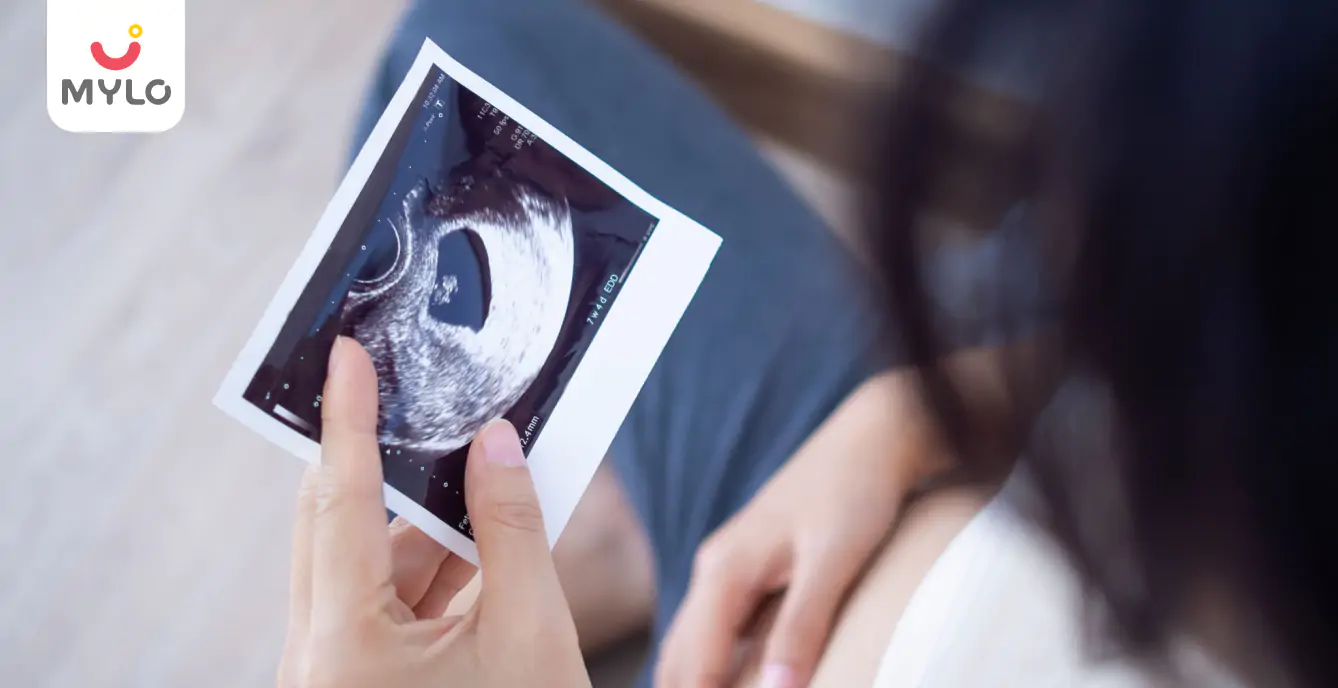
First Trimester
First Trimester of Pregnancy
- Top 10 Comedy Movies on Hotstar to Make You Laugh Your Heart Out
- Stages of Pregnancy by Trimester
- Your Streaming Guide to the Best Web Series on Hotstar in Hindi
- Top Romantic Movies on Hotstar That'll Melt Your Heart
- When to Have Another Child: Timing and Tips
- Top 10 Benefits of Triphala: Discover the Hidden Health Secrets
- Ayurvedic Medicine for Irregular Periods: Discovering Ancient Remedies for Hormonal Harmony
- The Link Between Missed Period and White Discharge
- Vata Pitta Kapha: The Ultimate Guide to Discovering Your Ayurvedic Constitution
- Top 10 Romantic Web Series on Hotstar You Must Watch
- Back Pain During Period: Understanding the Causes and Solutions
- Pain After Sex: The Ultimate Guide to Understanding Causes and Finding Relief
- Coffee in Periods: Debunking the Myths and Understanding the Facts
- Postmenopausal Bleeding: Symptoms, Causes & Treatment


AWARDS AND RECOGNITION

Mylo wins Forbes D2C Disruptor award

Mylo wins The Economic Times Promising Brands 2022
AS SEEN IN
















- Mylo Care: Effective and science-backed personal care and wellness solutions for a joyful you.
- Mylo Baby: Science-backed, gentle and effective personal care & hygiene range for your little one.
- Mylo Community: Trusted and empathetic community of 10mn+ parents and experts.
Product Categories
baby carrier | baby soap | baby wipes | stretch marks cream | baby cream | baby shampoo | baby massage oil | baby hair oil | stretch marks oil | baby body wash | baby powder | baby lotion | diaper rash cream | newborn diapers | teether | baby kajal | baby diapers | cloth diapers |




